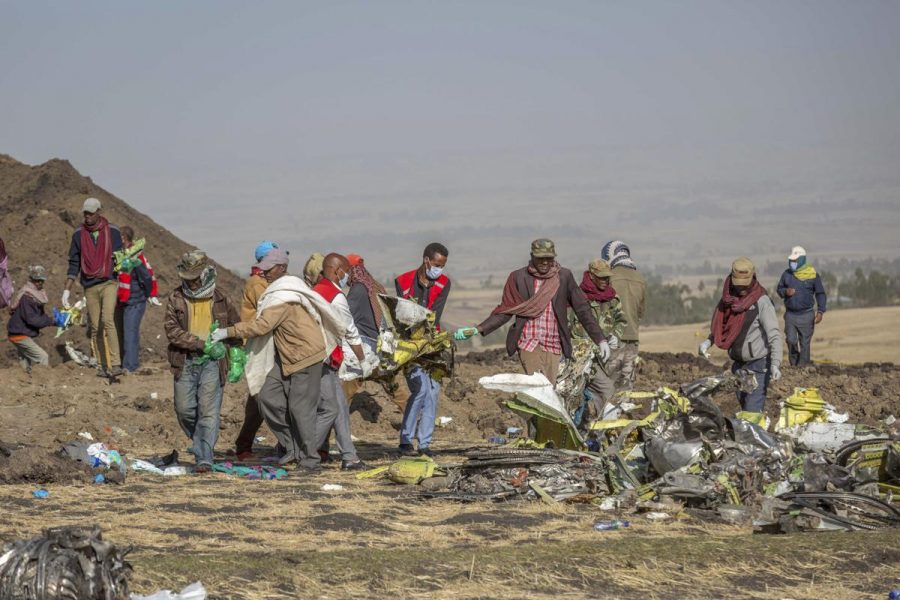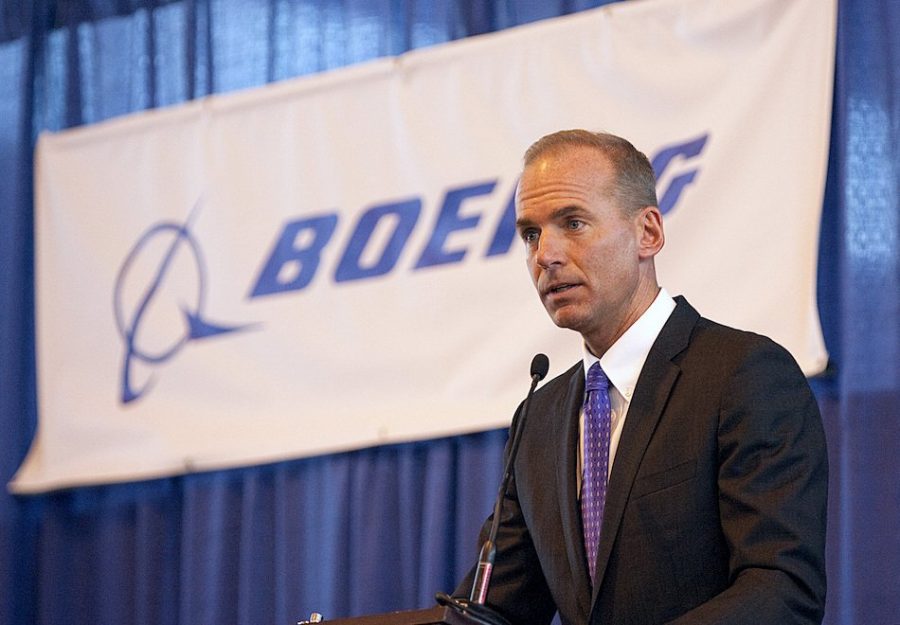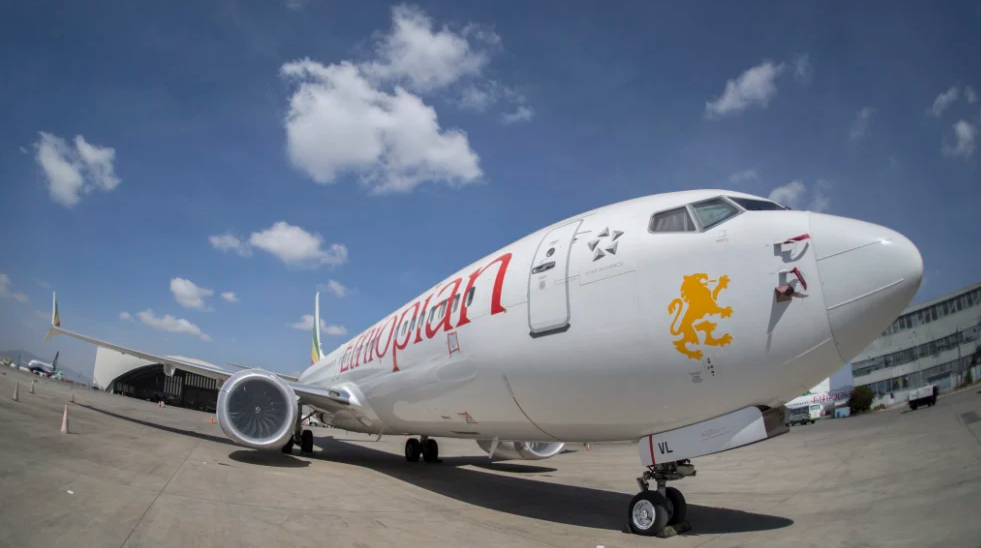The investigation into the Ethiopian Airways crash that killed all 157 passengers onboard in February 2019, has shown that the deadly crash is all Boeing‘s fault; ruling out a possible contributing factor from the pilots.
The probe had been carried out to ascertain the cause of the crash, in order to identify the roles played by Boeing‘s technology and the pilots of Ethiopian Airways in the crash. Although the report didn’t blame any party, it, however, absolved the Pilots of any fault.
Why the report didn’t blame Boeing outrightly
International rules require civil probes to focus on technical recommendations for safer flight rather than pointing fingers, Reuters reported.
But still, the findings, which is not the final probe, only directed its recommendations to Boeing alone – helping various aviation regulators to streamline their focus.
The recommendations include the following:
- They suggested that Boeing review the flight control system
- and that aviation authorities should confirm any changes before allowing the Boeing Max model plane back into their airspace.
Why pilots are not to be blamed for the crash: There were earlier speculations that the Pilots might not have handled the emergency period as required. However, the report stated that the Pilot performed every procedure provided by the plane manufacturer.
According to Ethiopia’s Transport Minister who presented the outlines of the preliminary report during a news conference earlier today:
“The crew performed all the procedures repeatedly provided by the manufacturer but was not able to control the aircraft.”
Why the fault rest with Boeing
The Pilot did everything they could to stabilise the plane during the emergency. But Boeing‘s jet software, MCAS, issued repetitive nose-down commands which led to the crash.
Similar occurrence with Lion Air crash: Lion Air was the first Boeing 737-Max model to crash, killing all 189 passengers on board. Preliminary reports on the crash also blamed the MCAS software, after it was reported that the Lion Air Pilots lost control after grappling with the software.
What is MCAS?: MCAS is a new automated anti-stall feature that repeatedly lowers the nose of the aircraft based on faulty data from a sensor.
Several airline operators are backing Boeing
Since the crash, several airline operators across the world have thrown their weight behind Boeing. Among these airline operators is Nigeria’s Air Peace who recently signed a deal with Brazil plane maker, Embraer SA for delivery of ten E195-E2 jets.
Air Peace argued that it is too early to conclude on the next action to take. The company ordered for Boeing 737-Max model in 2018, stating that the order was made because of the value the Max model has in the aviation industry.



















